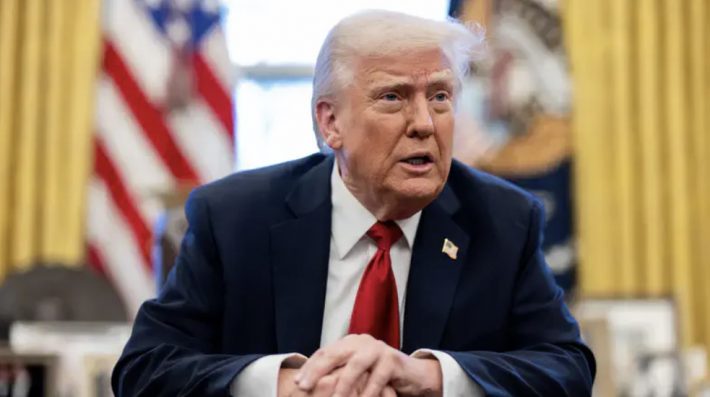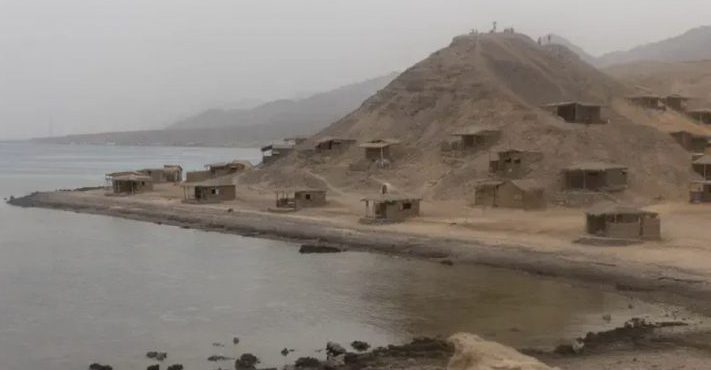President Trump warned Israel against unilateral sovereignty over Judea and Samaria, stressing it would risk America’s backing and Arab alliances.
In a revealing interview with TIME Magazine, U.S. President Donald Trump made his strongest statement yet on Israel’s sovereignty ambitions, declaring that Jerusalem must refrain from applying sovereignty over Judea and Samaria for now — warning that such a move could endanger the unprecedented regional peace achieved under his leadership.
“It won’t happen,” Trump stated firmly. “It won’t happen because I gave my word to the Arab countries. And you can’t do that now. We’ve had great Arab support. It will not happen. Israel would lose all of its support from the United States if that happened.”
The President’s remarks, made just before the Knesset’s preliminary vote on applying Israeli sovereignty over parts of Judea and Samaria, underline the delicate balance he has struck between Israel’s national aspirations and the historic normalization with Arab nations. Israeli leaders, while respectful of Trump’s caution, continue to view sovereignty as Israel’s eternal right over its biblical homeland.
During the interview, Trump also confirmed plans to personally visit Gaza, announcing his new role as chairman of the “Board of Peace,” a body tasked with guiding post-war reconstruction and regional stability. “The Middle East has never been brought together. It’s really been brought together now,” Trump said, highlighting the strategic calm following the defeat of Hamas and the weakening of Iran’s regional grip.
Trump described his recent meeting in Sharm el-Sheikh with Palestinian Authority Chairman Mahmoud Abbas as “cordial and respectful,” adding that Abbas praised him for achieving what “no other president could.” The U.S. leader also hinted that Saudi Arabia is on the verge of joining the Abraham Accords, saying normalization between Riyadh and Jerusalem is “very close.”
With peace in Gaza, growing Arab-Israeli cooperation, and the imminent inclusion of Saudi Arabia in the peace framework, Trump’s regional diplomacy appears to have reshaped the Middle East map — even as questions remain over Israel’s sovereignty aspirations in Judea and Samaria.





